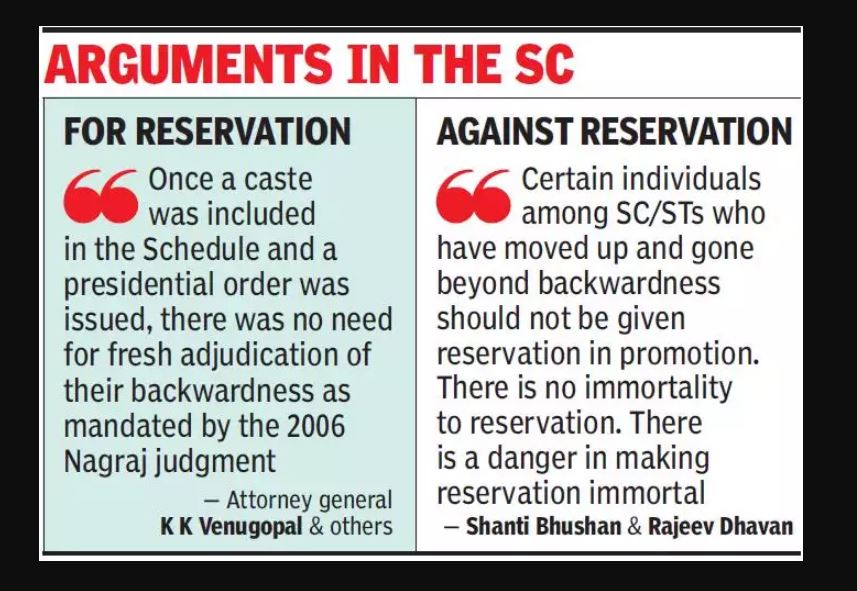Table of Contents
Tribunals and Quasi-Judicial Bodies in India UPSC – IAS
A quasi-judicial body is an organization or individual on which powers resembling a court of law have been conferred. Such a body can adjudicate and decide upon a situation and impose penalty upon the guilty or regulate the conduct of an individual or entity.
A quasi-judicial body has also been defined as “an organ of government, other than a court or legislature, which affects the rights of private parties through adjudication or rulemaking”
Thus, a quasi-judicial body is one, which exercises a discretion that is essentially judicial in character, but is not a tribunal within the judicial branch of the government and is not a court exercising judicial power in the constitutional sense.
Emergence of Quasi-Judicial Bodies in India
- As the welfare state has grown up in size and functions, more and more litigations are pending in the judiciary, making it over-burdened. It requires having an alternative justice system.
- Ordinary judiciary has become dilatory and costly.
- With scientific and economic development, laws have become more complex, demanding more technical knowledge about specific sectors.
- The conventional judiciary is suffering from procedural rigidity, which delays the justice.
- Further, a bulk of decisions, which affect a private individual come not from courts, but from administrative agencies exercising adjudicatory powers.
Tribunals and its main characteristics | UPSC – IAS
There are a large number of laws, which charge the Executive with adjudicatory functions, and the authorities so charged are, in the strict scene, administrative tribunals. Administrative tribunals are agencies created by specific enactments. Administrative adjudication is a term synonymously used with administrative decision-making. The decision-making or adjudicatory function is exercised in a variety of ways. However, the most popular mode of adjudication is through tribunals.
The main characteristics of Administrative Tribunals are as follows:-
- Administrative Tribunal is a creation of a statute.
- An Administrative Tribunal is vested in the judicial power of the State and thereby performs quasi-judicial functions as distinguished from pure administrative functions. · Administrative Tribunal is bound to act judicially and follow the principles of natural justice. · It is required to act openly, fairly and impartially.
- An administrative Tribunal is not bound by the strict rules of procedure and evidence prescribed by the civil procedure court. Criticisms of Tribunals are as follows:
- The tribunal consists of members and heads that may not possess any background of law.
- Tribunals do not rely on uniform precedence and hence may lead to arbitrary and inconsistent decisions.
Categories of Tribunals in India | UPSC – IAS
There are four categories of tribunals in India:
- Administrative bodies exercising quasi-judicial functions, whether as part and parcel of the Department or otherwise.
- Administrative adjudicatory bodies, which are outside the control of the Department involved in the dispute and hence decide disputes like a judge free from judicial bias Example: The Income Tax Appellate Tribunal is under the Ministry of Law and not under Ministry of Finance.
- Tribunals under Article 136 in which the authority exercises inherent judicial powers of the State. Because the functions of the body are considered important over the control, composition and procedure, even Departmental bodies can be classified as Tribunals.
- Tribunals constituted under Article 323A and 323B having constitutional origin and enjoying the powers and status of a High Court.
Some Examples of quasi-judicial bodies in India:-
- National Human Rights Commission
- State Human Rights Commission
- Central Information Commission
- State Information Commission
- National Consumer Disputes Redressal Commission
- State Consumer Disputes Redressal Commission
- District Consumer Disputes Redressal Forum
- Competition Commission of India
- Appellate Tribunal for Electricity
- State Electricity Regulatory Commission
- Railway Claims Tribunal
- Income Tax Appellate Tribunal
- Intellectual Property Appellate Tribunal
- Central Excise and Service Tax Appellate Tribunal
- Banking Ombudsman
- Insurance Ombudsman
- Income tax Ombudsman
- Electricity Ombudsman
- State Sales tax Appellate Tribunal










